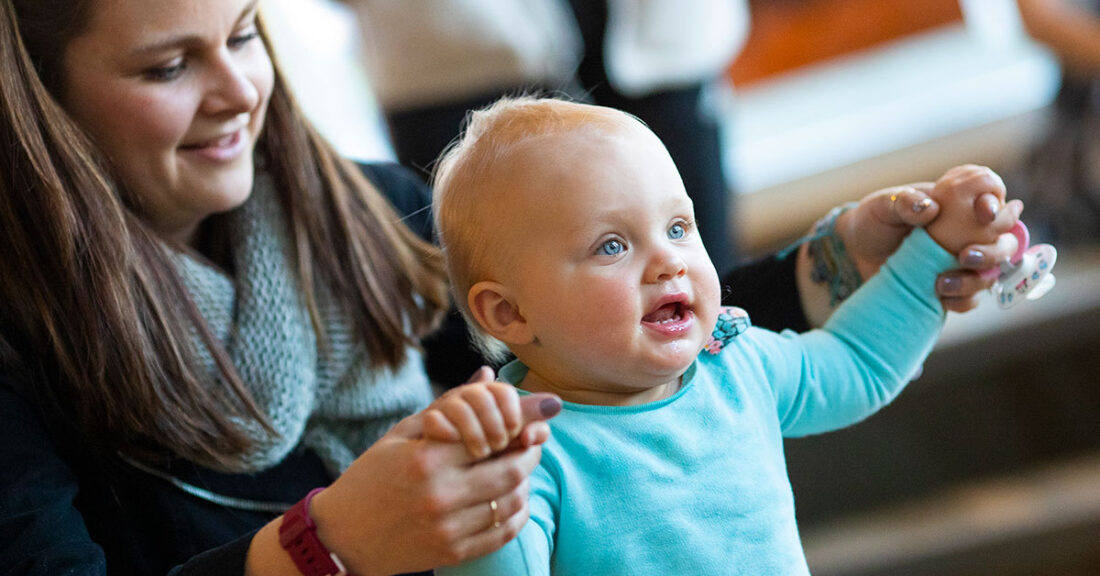Panelists Share Insights in Evaluating Two-Generation Approaches

A new webinar, hosted by the Annie E. Casey Foundation, explores how to merge programs for parents with programs for children while also prioritizing racial equity and participant voices to better serve whole families.
The hour-long session focuses on a pair of two-generation program evaluations. The programs involved are: 1) Casey’s Family-Centered Community Change effort in three cities; and 2) Agape Child & Family Services’ Powerlines initiative in Memphis, Tennessee.
The segment, entitled Evaluating Two-Generation Approaches: Integrating Partnerships and Embedding Equity, covers the following topics:
- how to include families in design and decision-making roles;
- how organizations and funders can model and encourage practices that further racial equity;
- how sharing data advances communication and feedback among staff, leadership and participants;
- how integrating data and partnerships with local and state entities can strengthen two-generation approaches; and
- how programs are adapting to a virtual environment during the COVID-19 pandemic.
Kantahyanee Murray and Allison Holmes, senior research associates with Casey’s Research, Evaluation and Data team, moderate the discussion.
Panelists include:
- Kimberlin Butler, Director of Foundation Engagement, Mathematica
- Tosin Shenbanjo, Human Services Research Analyst, Mathematica
- Paulita Edmondson, Family Connector Supervisor, Agape Child & Family Services
- Susan J. Popkin, Institute Fellow, Metropolitan Housing and Communities Policy Center, The Urban Institute
- Marla McDaniel, Senior Fellow, Center on Labor, Human Services, and Population, The Urban Institute
- Tanja Jones, Next Doors Community Support Coordinator, Community Properties of Ohio






